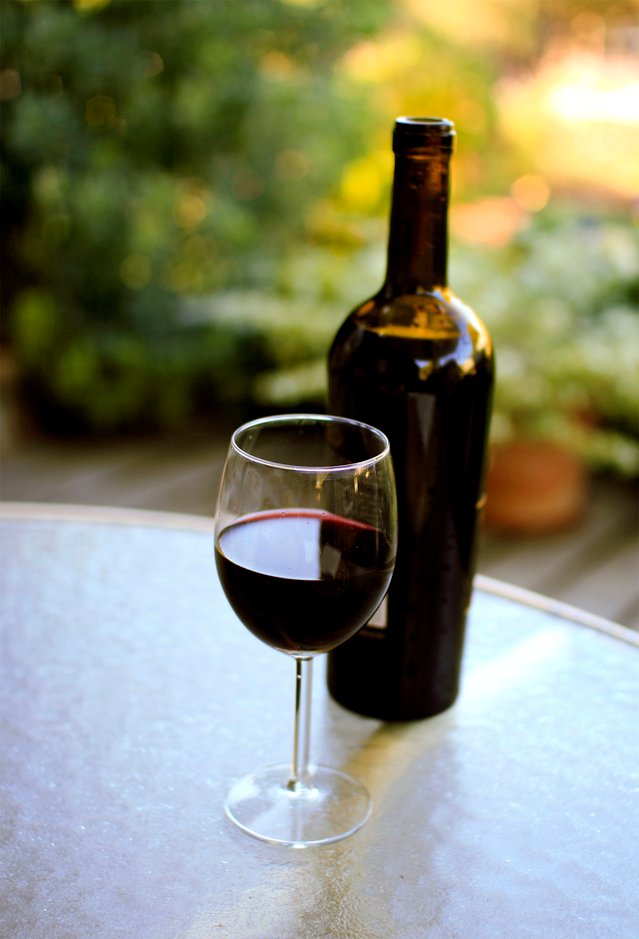12 steps Addiction Treatment
The 12 steps model of addiction treatment has developed over the last 70 years. Originally created to help Alcoholics it has been successful in helping many people recover from their addiction. The original 12 step programme was set out in the book Alcoholics Anonymous which describes a process of change encompassed in 12 specific steps which direct a person to firstly recognise the nature of their addiction which is outlined as an illness.
 A physical allergy
A physical allergy
‘The Doctors Opinion’ (bb the doctors opinion p xxv) suggests that an alcoholic has an abnormal reaction to alcohol. Dr Silkworth called this an allergy and describes its effect as an uncontrollable craving for more once a drink is ingested. Whether this is actually an allergy has been debated for many years and is partly due to the changes in use of language. (we now would not even use the term alcoholic, rather AUD/SUD). Still, the effect described has allowed many to recognise that when using they lose control of the amount, even when the intention was to be more careful this time! So the book firstly describes a physical allergy and suggests the only remedy to be total abstinence.
Mental obsession (a strange mental blank spot)
Many of the people I have worked with recognise their lack of control and have made a resolute decision to quit, but found that they could not maintain abstinence.
The second aspect of the illness is commonly called a ‘Mental Obsession’ and through a series of examples points to there being what it calls ‘A strange mental blank spot’ that allows a person abstinent to pick up again with little or no regard for the likely consequences. Actually the first instance where the word obsession is used, describes the desire of a person to be able to drink ‘normally’ “The idea that somehow, someday he will control and enjoy his drinking is the great obsession of every abnormal drinker”(bb more about alcoholism).
So losing control once starting and not being able to refrain when the thought of using presents itself, will lead to a cycle of addiction and that is labeled as a person being ‘Powerless’
‘The fact is that most alcoholics, for reasons yet obscure, have lost the power of choice in drink. Our so-called will power becomes practically nonexistent. We are unable, at certain times, to bring into our consciousness with sufficient force the memory of the suffering and humiliation of even a week or a month ago. We are without defense against the first drink.’ (bb There is a solution)
Spiritual malady
A person trapped in the cycle of using, with all of the negative consequences leading to feelings of guilt, shame and remorse, as well as the frustration of not being able to stop, leaves one feeling depressed useless and totally baffled. This is described as a malady and it is suggested that healing this condition will allow for a return to sanity
The solution to this dilemma is described as finding a power greater than ourselves and actually was taken from the suggestion given to a patient of Carl Jung (read bb there is a solution p26-27).
The wording used has a religious flavour (hardly surprising from mid America in the 1930s) and though many attempts are made throughout the book to emphasise that it is not a religious programme, some have been deterred from taking the steps outlined further on because of this.
My experience has been that the misunderstanding surrounding the nature of 12 steps has led some professionals to dismiss the validity of the therapeutic value within them. I often combine neuroscience and the ‘cycle of addiction’ to clients and therapists and invite them to see the similarities in the description of the illness, disease, or condition which we call addiction.
Whatever way in which this is described it seems that healing will always be a matter of finding a deeper sense of self, God, or Higher Power. Perhaps returning to sanity is about re discovering our innate nature and that the steps rather than giving us something new, allow us to recognise and embrace what has been lost.
For information on options for 12 step and other treatment models, contact us
